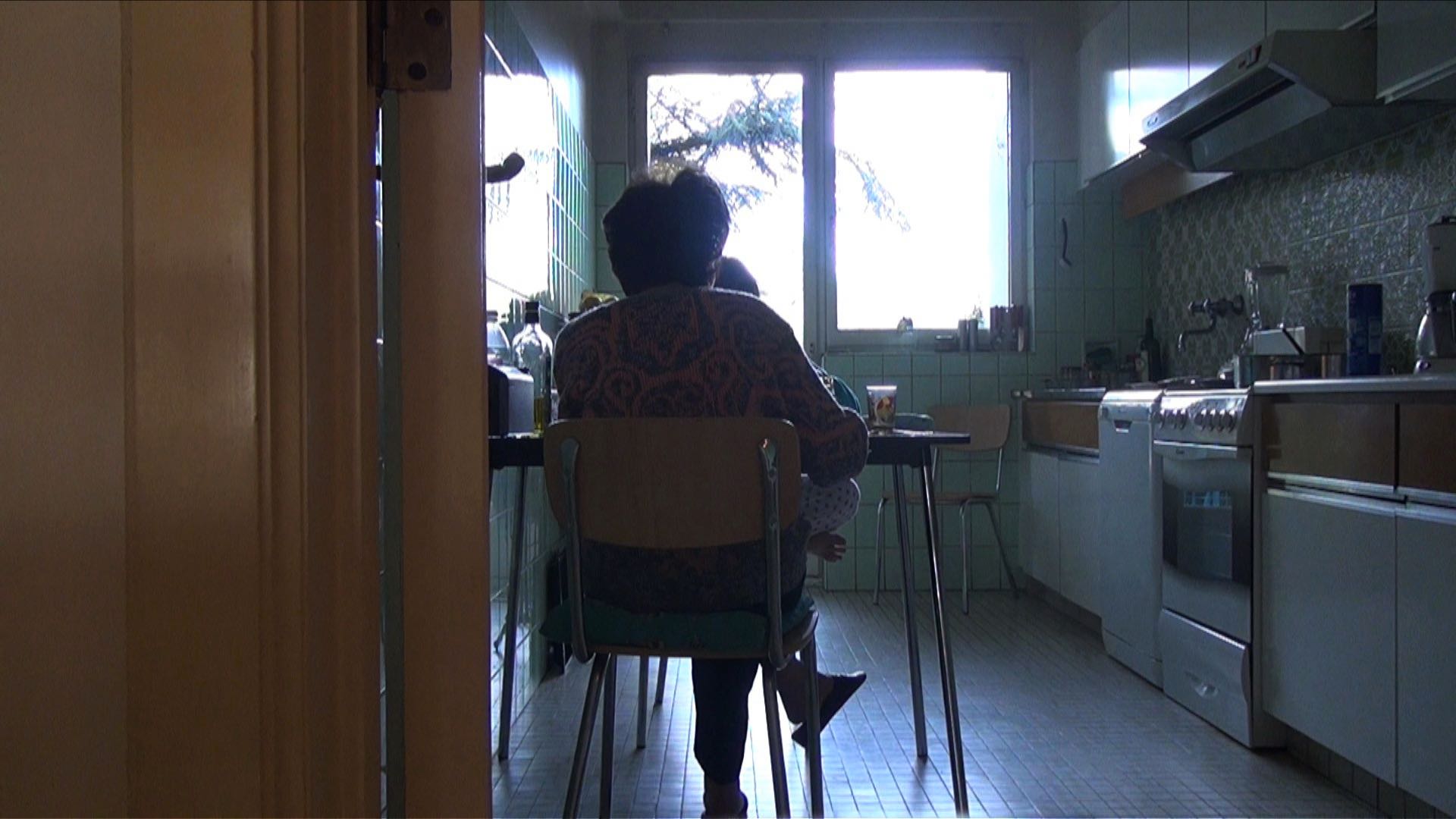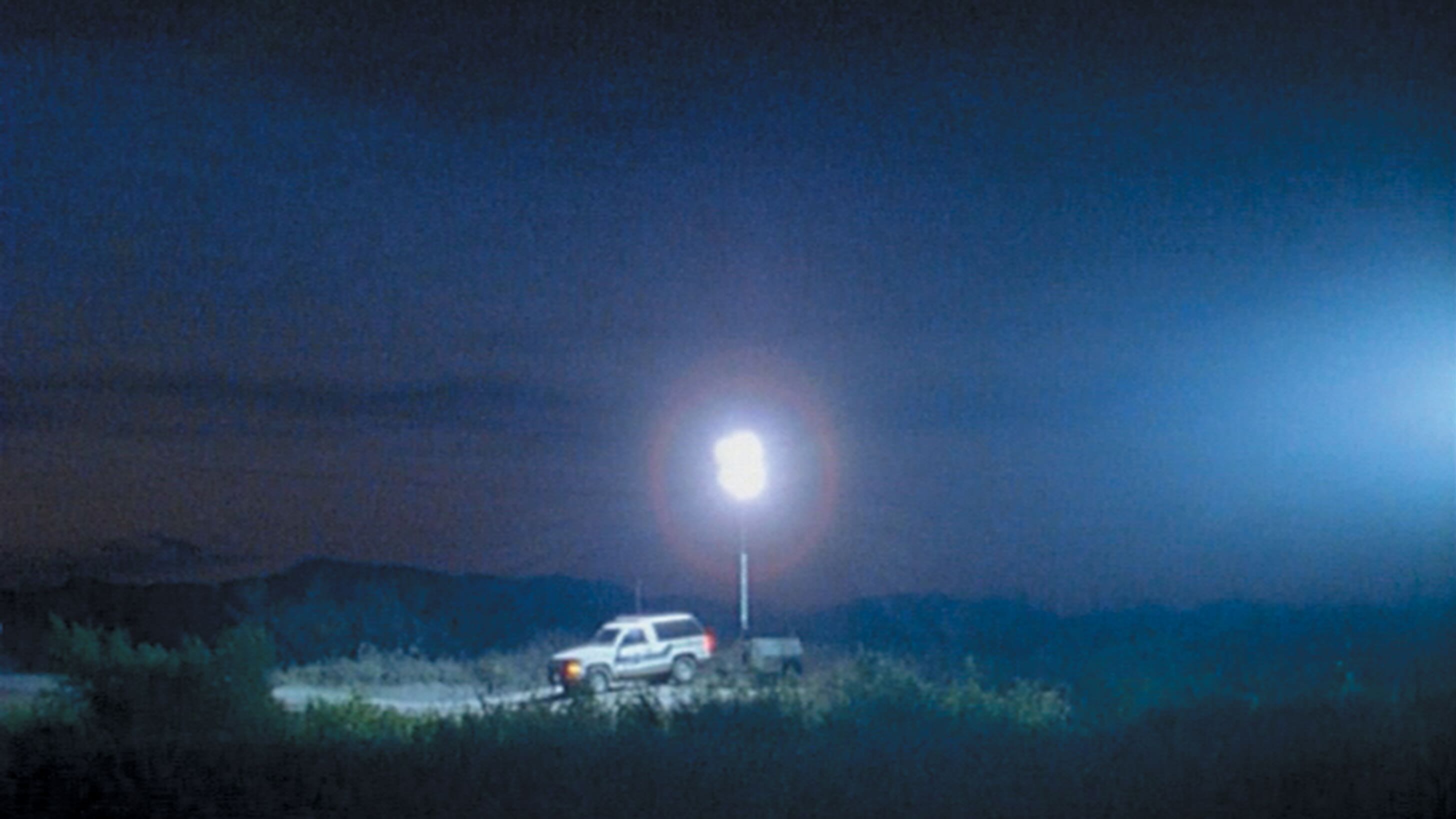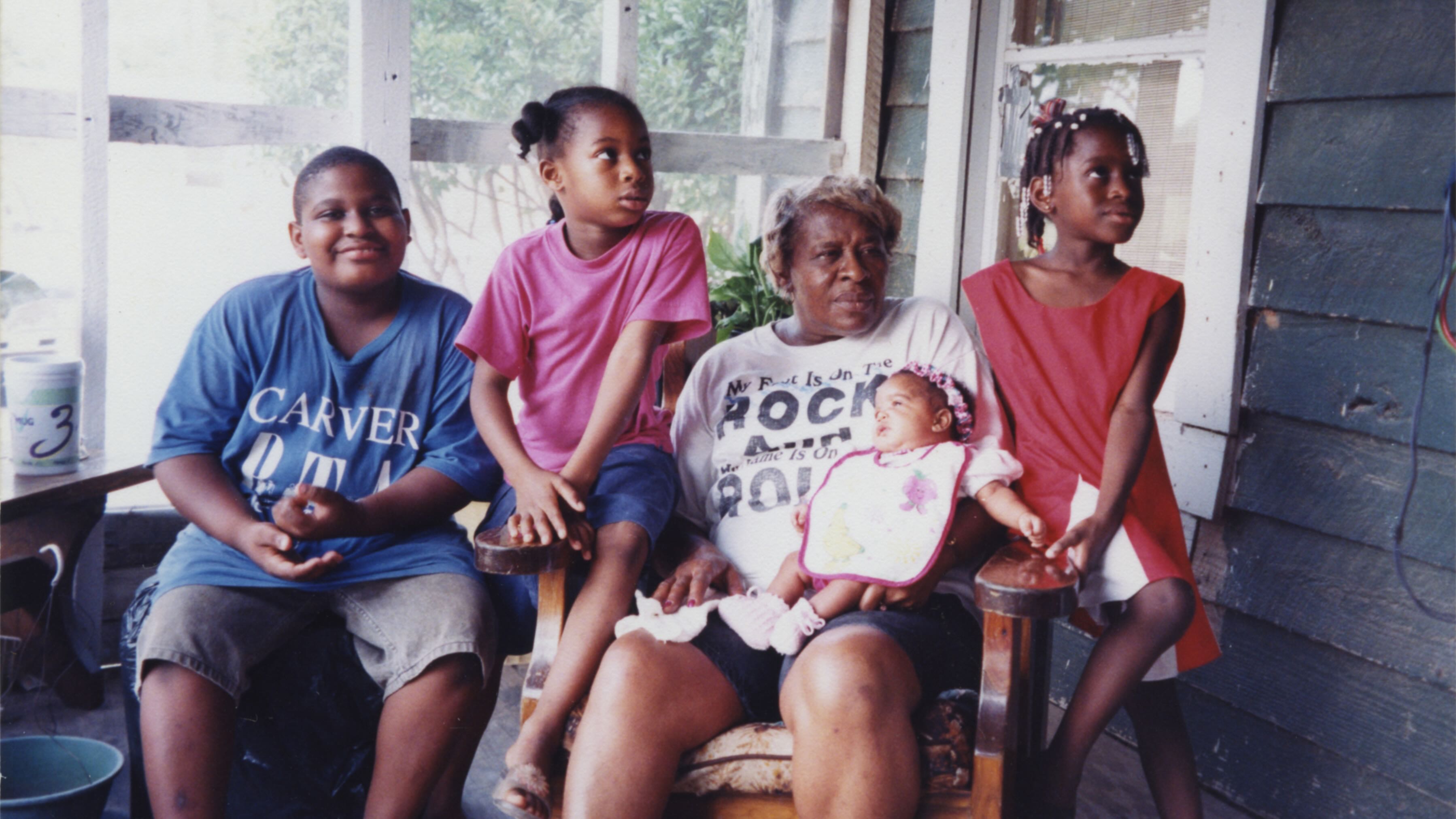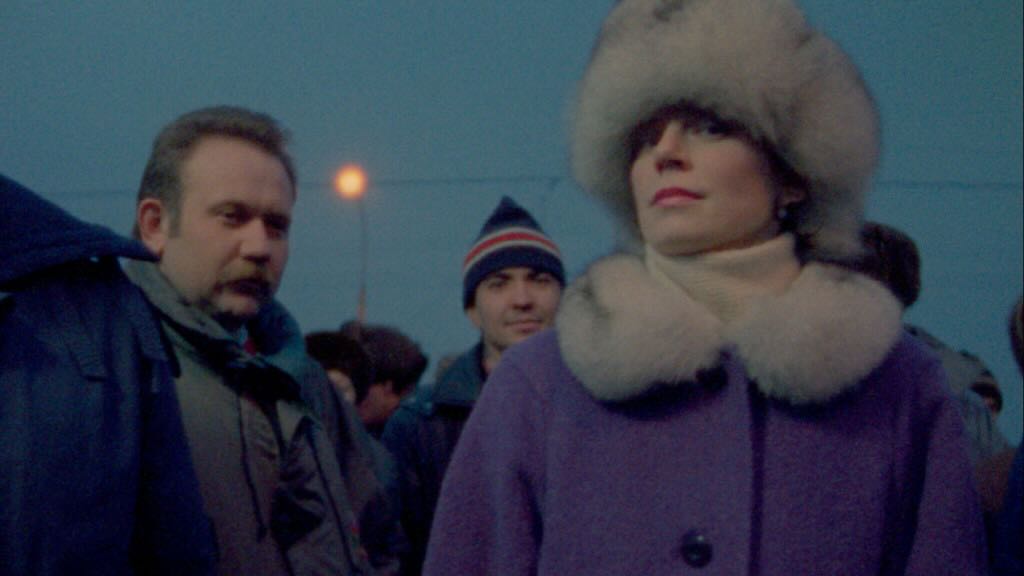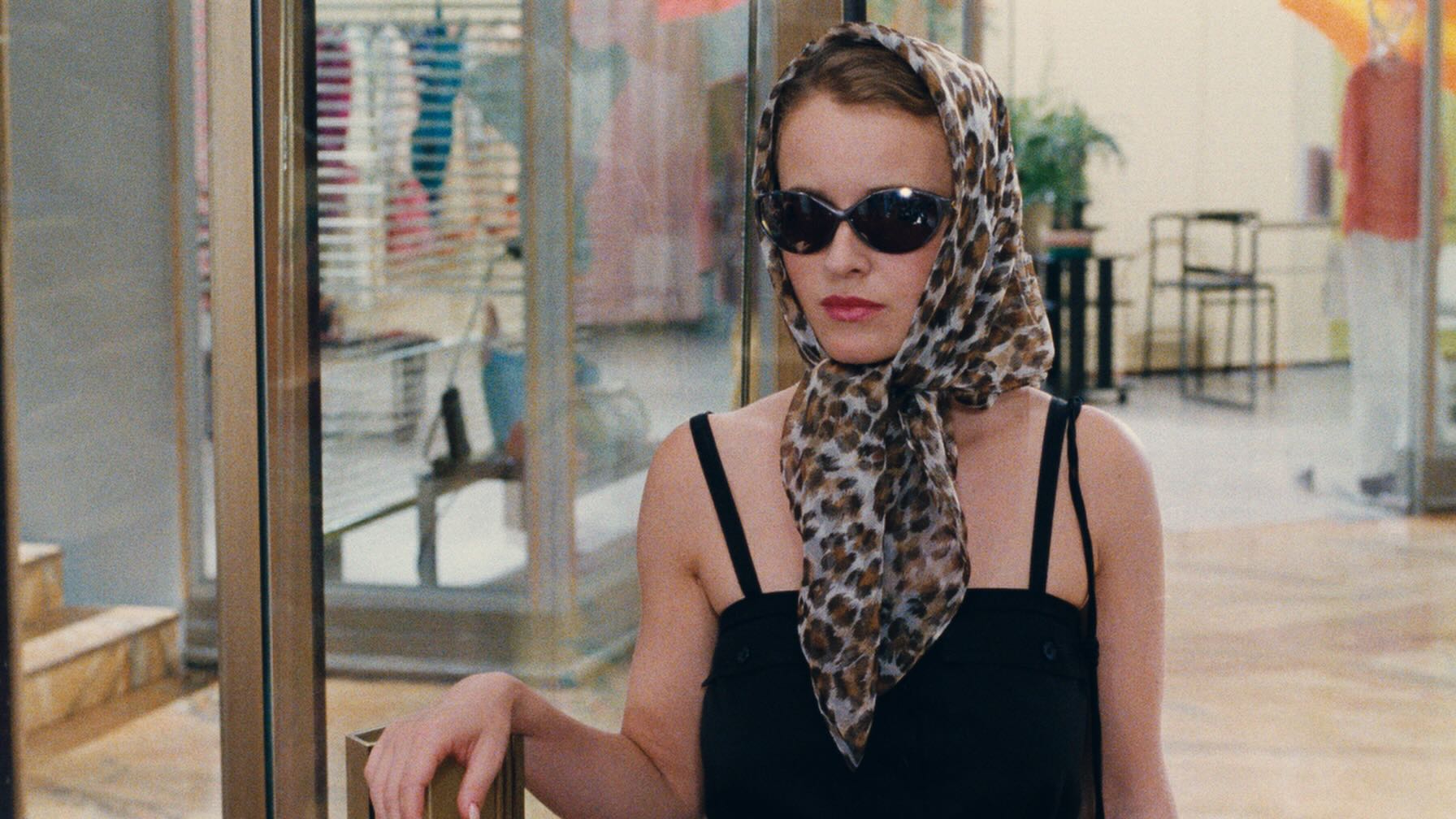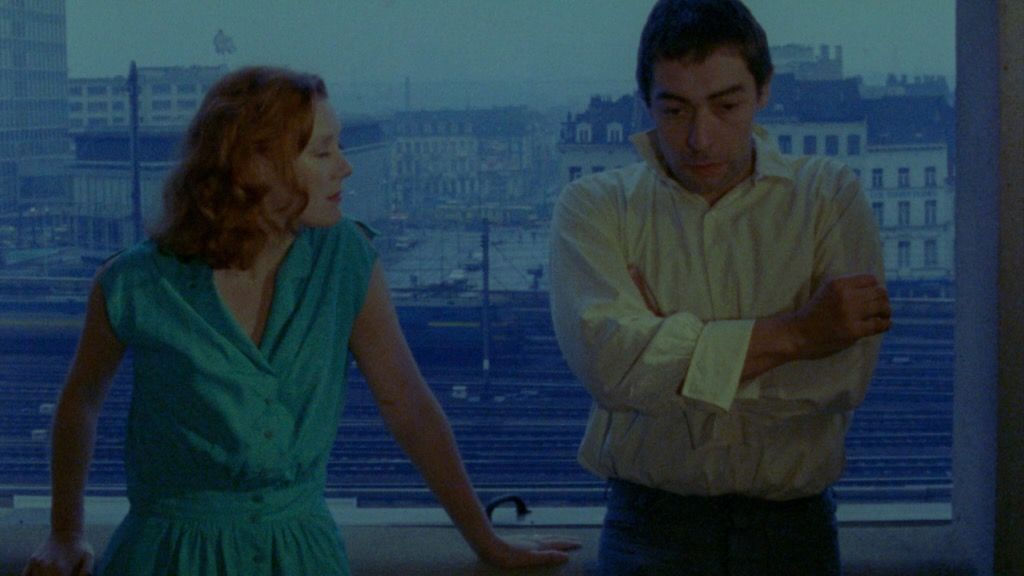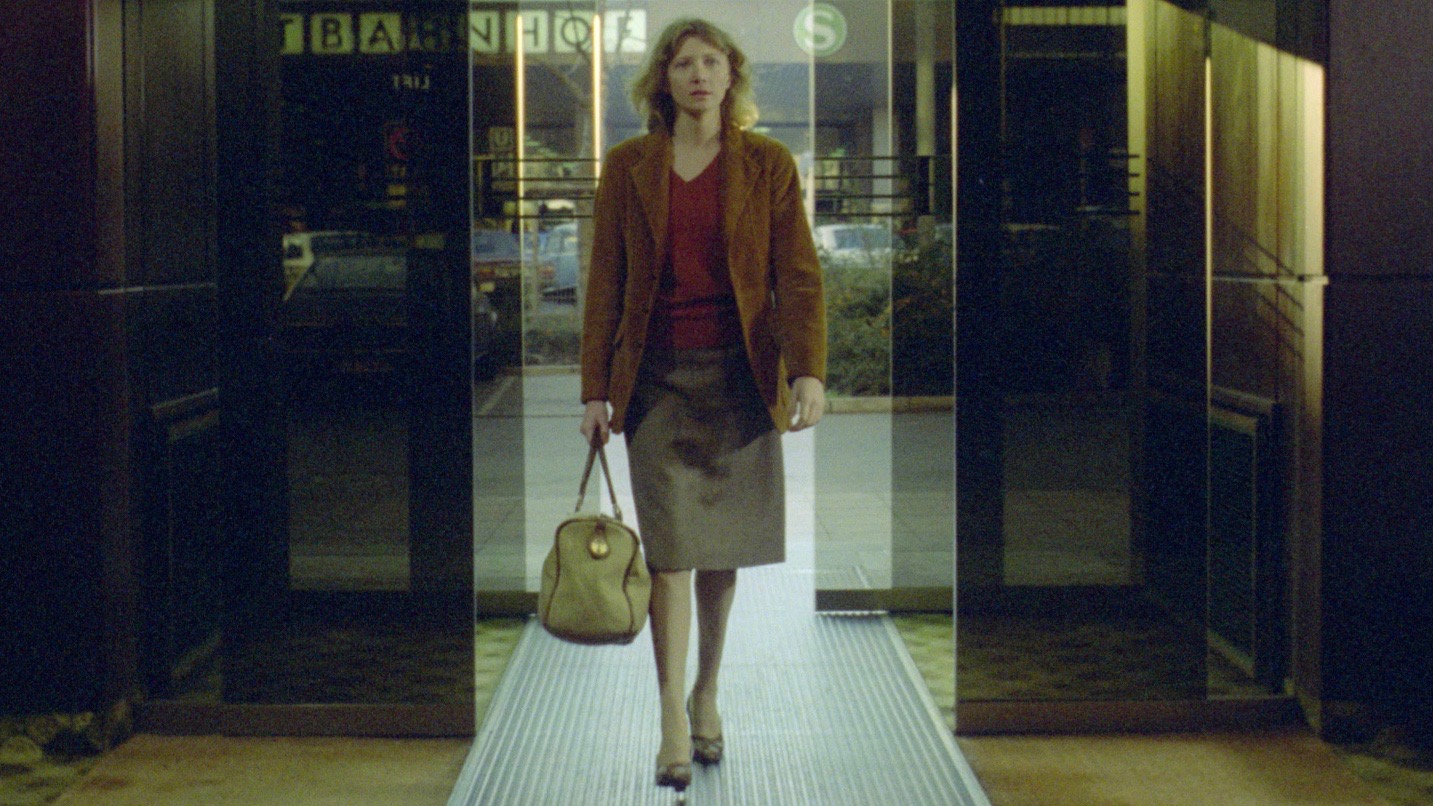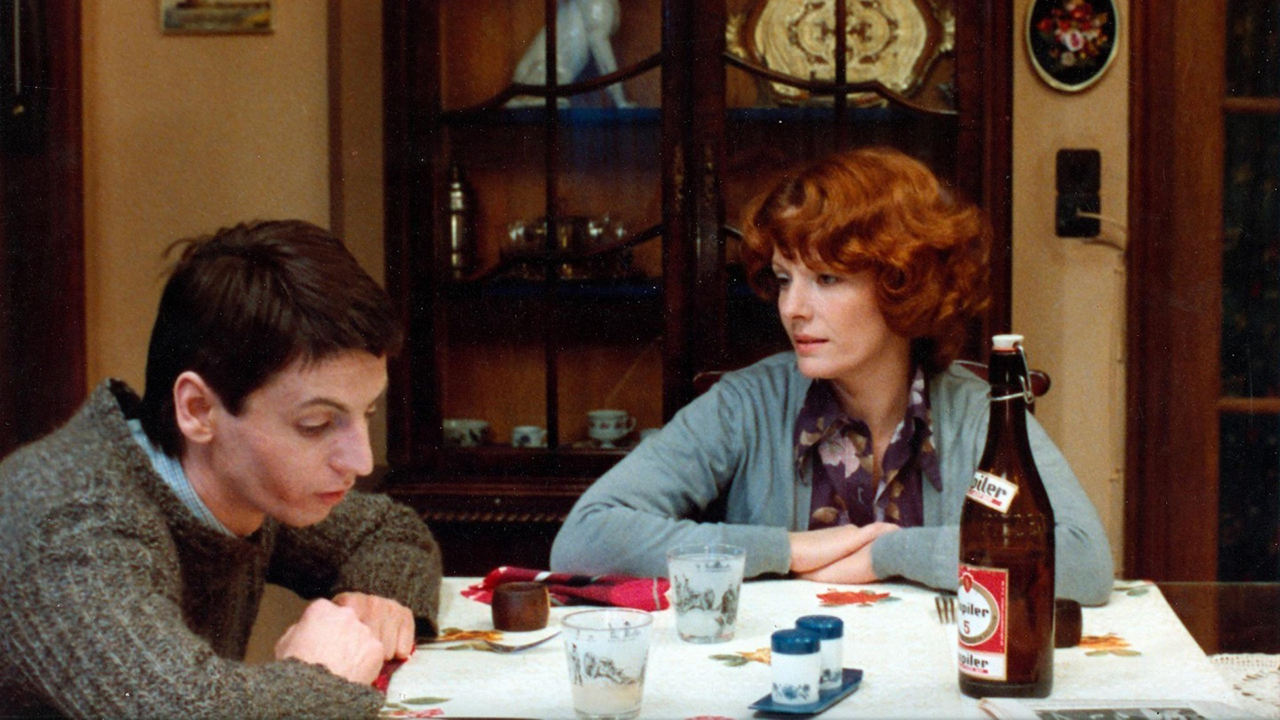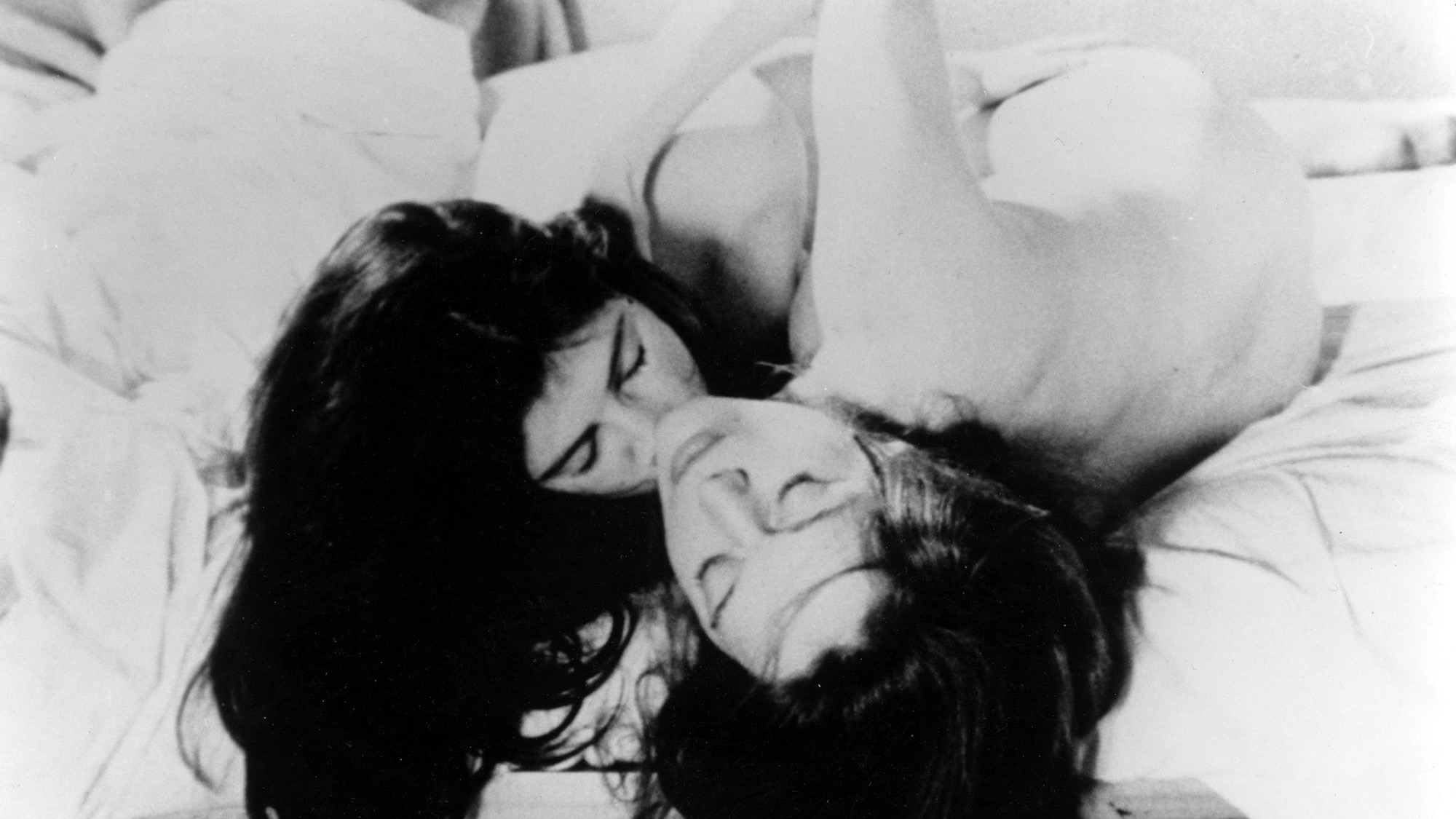↓
Chantal Akerman
Chantal Akerman (1950-2015) was a Belgian film director, screenwriter, producer, artist and writer born in Brussels. At the age of 15, she discovers Jean-Luc Godard’s Pierrot le Fou (1965) by chance, which inspired her to take up filmmaking. Entering the Brussels film school (INSAS) in 1967, she left straight away, rejecting its rigid framework. The following year, she made her debut short film, Saute ma ville (1968), first expression of a free and radical cinema. Akerman moved to New York in the early 1970s, where she discovered the experimental cinema of Jonas Mekas and Michael Snow, which had a profound influence on the films she made there such as La Chambre (1972) and Hotel Monterey (1972).
On her return to Belgium, she directed I, You, He, She (1974) and then raised the necessary funds to produce Jeanne Dielman, 23, quai du Commerce, 1080 Bruxelles (1975). This film, depicting the daily life of a housewife, is a landmark of feminist cinema. Premiered at the Directors' Fortnight in Cannes in 1975, it brought her international acclaim and remains a groundbreaking cinematic experiment—studied and admired for decades. In December 2022, the film was named the best film of all time by the British magazine Sight and Sound.
An indefatigable artist, Akerman traces her path freely, defying narrative and geographical boundaries to wander between genres, tackling in turn fiction, documentary, musical comedy and literary adaptation.
Her filmography numbers some fifty films and has been widely shown and acclaimed across the world. Akerman is considered one of the most important and influential European directors of her generation, thanks to her modernity, her visionary treatment of images, time and space, and the reflections that run through her films – on identity, belonging, memory, feminism, gender and sexuality.
The final film from Chantal Akerman is a portrait of her relationship with her mother, Natalia, a Holocaust survivor and familiar presence in many of her daughter’s films.
A penetrating documentary about the struggles, hopes and miseries of Mexican migrants trying to illegally cross the border to America who are constantly hounded by immigration authorities as they try to escape their country's difficulties.
A journey through the South of the United States after a Black man was brutally murdered by three white men results in a penetrating meditation on memory, history, landscape, trauma and rebellion.
A cinematographic voyage from the end of summer to the depths of winter, from East Germany to Moscow. Minimalist actions carry the general plot of the film, one of people travelling and fleeing within a country which no longer seems to exist.
In a shopping arcade, the paths of customers and shop girls cross on a daily basis. They all dream of love, or sing and dance to the rhythm of a choir of shampoo girls. A musical drama made up of intricate amorous entanglements.
In this ensemble film, men, women and children, overcome by their desires, indulge in the excess of their feelings during a hot, stormy summer evening in the city.
Anna, a Belgian filmmaker, travels through northwestern Europe to promote her latest film. Her temporary stops and fleeting encounters paint a portrait of a young woman.
Letters filled with everyday concerns and maternal advice contrast with slow-moving images of a distant Manhattan in the 1970s. A personal account and a time capsule of a city in transformation.
Jeanne Dielman, a young widow living with her son Sylvain, follows an immutable day cycle. Soon, however, an unexpected incident disrupts her safe routine.
A feature debut that recounts the last three moments of a young girl's adolescence, painfully approaching adulthood, and who will have to give up something of herself to conform.
